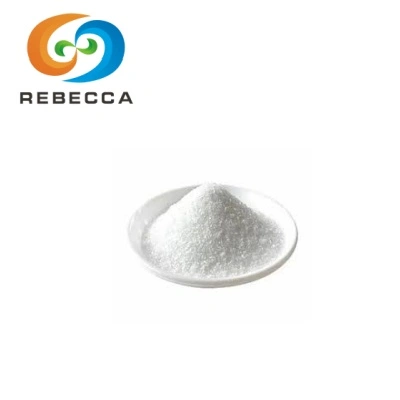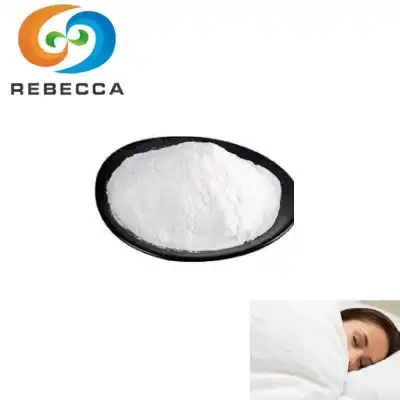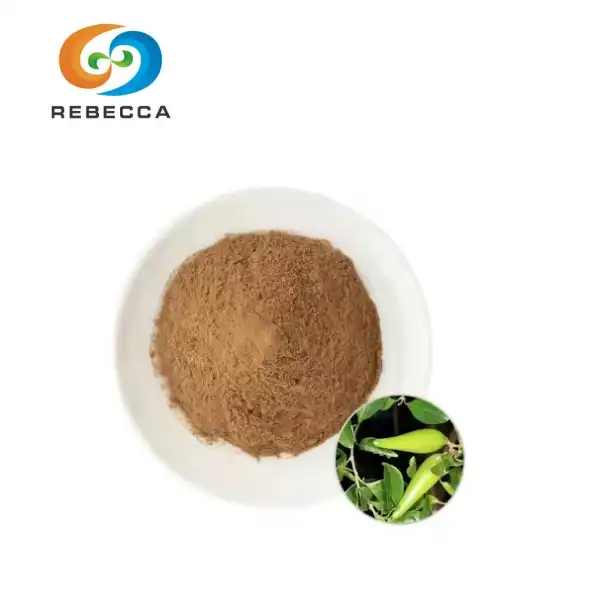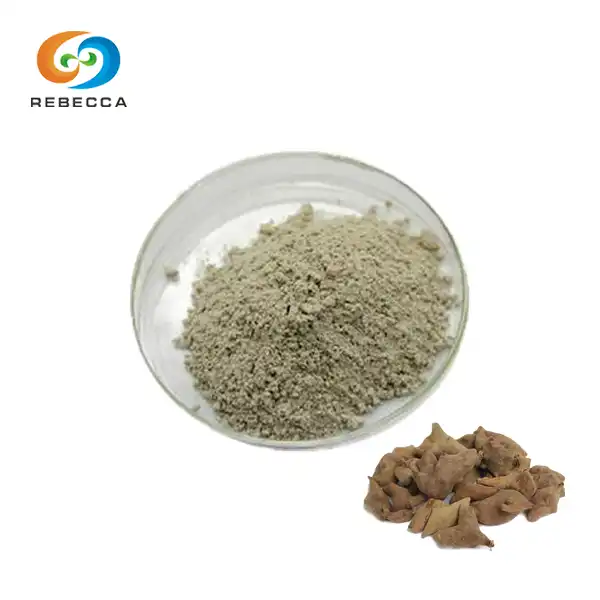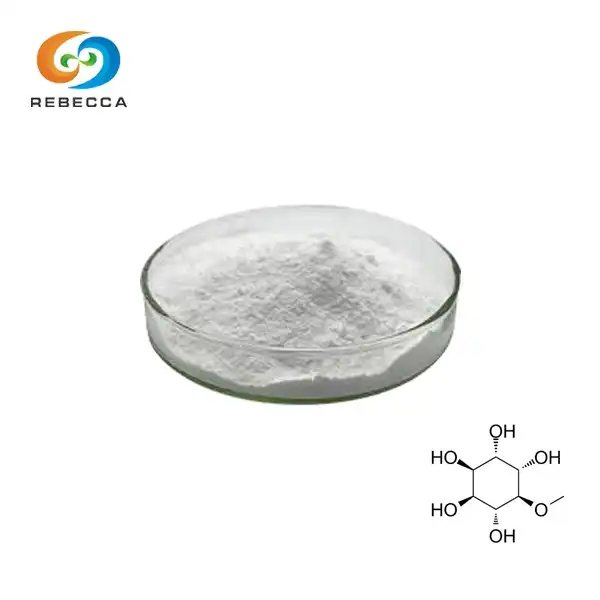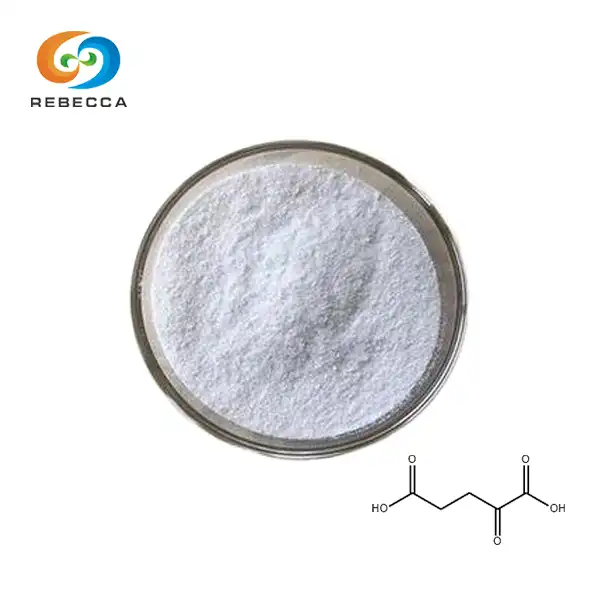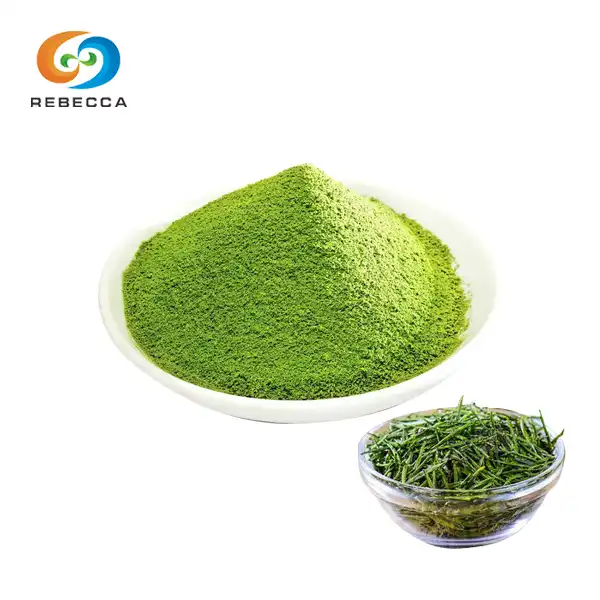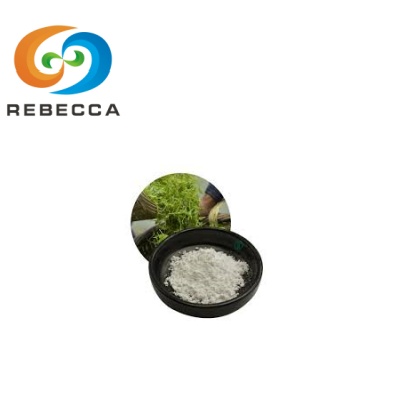Is water soluble CoQ10 better?
Water soluble CoQ10 powder offers superior absorption compared to traditional CoQ10 supplements, making it a more effective option for many consumers. This enhanced bioavailability allows for better utilization of CoQ10's powerful antioxidant properties and energy-boosting effects. By dissolving easily in water, this form of CoQ10 overcomes the poor absorption issues associated with conventional oil-based formulations. As a result, water soluble CoQ10 can provide more efficient delivery of this vital nutrient to cells throughout the body, potentially leading to improved cardiovascular health, increased energy levels, and enhanced overall well-being.

Water Soluble Coenzyme Q10
Product Name: water soluble coenzyme q10
Solubility: Water Soluble
Specification: 10% 20%
CAS No.: 303-98-0
Appearance: Yellow to Orange Yellow Powder
Absorption rates: Water-soluble vs. traditional CoQ10
CoQ10 bioavailability challenges
Coenzyme Q10 (CoQ10) is a fat-soluble compound naturally produced by the body and essential for cellular energy production. However, traditional CoQ10 supplements face significant bioavailability challenges due to their lipophilic nature. The human digestive system struggles to absorb these oil-based formulations efficiently, resulting in limited uptake and reduced effectiveness.
Several factors contribute to the poor absorption of conventional CoQ10 supplements:
- Large molecular size
- Low water solubility
- Susceptibility to degradation in the gastrointestinal tract
- Limited permeability through intestinal membranes
These obstacles often lead to suboptimal CoQ10 levels in the bloodstream and tissues, diminishing the potential health benefits associated with this vital nutrient.
How water-soluble CoQ10 enhances absorption
Water soluble CoQ10 powder addresses these bioavailability issues through innovative formulation techniques. By employing advanced technologies such as nanoparticle engineering or cyclodextrin complexation, manufacturers create CoQ10 molecules that readily dissolve in aqueous environments. This transformation dramatically improves the compound's absorption profile in several ways:
- Increased surface area for better interaction with intestinal cells
- Enhanced stability in the gastrointestinal environment
- Improved solubility in intestinal fluids
- Facilitated transport across intestinal membranes
As a result, water soluble CoQ10 powder exhibits significantly higher bioavailability compared to its traditional counterparts, allowing for more efficient delivery to target tissues and organs.
Comparing absorption rates: Clinical studies
Numerous clinical studies have demonstrated the superior absorption rates of water soluble CoQ10 formulations. Research published in the Nutrition Journal showed that water soluble CoQ10 achieved peak plasma concentrations up to 4.7 times higher than oil-based formulations. Another study in the International Journal of Pharmaceutics reported a 3-fold increase in bioavailability for water soluble CoQ10 compared to standard supplements.
These findings highlight the potential of water soluble CoQ10 powder to provide more efficient and effective supplementation, particularly for individuals seeking to optimize their CoQ10 intake for various health benefits.
Key benefits of enhanced CoQ10 bioavailability
Improved cellular energy production
CoQ10 plays a crucial role in the mitochondrial electron transport chain, facilitating the production of adenosine triphosphate (ATP), the primary energy currency of cells. Enhanced bioavailability of water soluble CoQ10 powder ensures a more consistent and abundant supply of this vital coenzyme to cellular powerhouses. This increased availability can lead to several benefits:
- Optimized ATP synthesis in energy-demanding tissues like the heart and skeletal muscles
- Improved exercise performance and reduced fatigue
- Enhanced cognitive function and mental clarity
- Support for overall cellular health and function
By providing cells with a readily accessible source of CoQ10, water soluble formulations can help maintain optimal energy production, particularly in individuals with naturally declining CoQ10 levels due to aging or certain health conditions.

Enhanced antioxidant protection
CoQ10 is a potent antioxidant capable of neutralizing harmful free radicals and reducing oxidative stress in the body. The improved bioavailability of water soluble CoQ10 powder amplifies its antioxidant effects, offering enhanced protection against cellular damage. This increased antioxidant capacity can contribute to various health benefits:
- Reduced inflammation and oxidative stress markers
- Support for healthy aging and longevity
- Protection of DNA, proteins, and lipids from oxidative damage
- Potential enhancement of skin health and appearance
By delivering more bioavailable CoQ10 to tissues throughout the body, water soluble formulations may provide superior antioxidant support compared to traditional supplements.

Potential cardiovascular health improvements
CoQ10 has long been associated with cardiovascular health benefits, and the enhanced bioavailability of water soluble CoQ10 powder may amplify these effects. Improved absorption and utilization of CoQ10 can contribute to heart health in several ways:
- Support for healthy blood pressure levels
- Improved endothelial function and vascular health
- Enhanced myocardial energy production
- Potential reduction in markers of inflammation associated with cardiovascular risk
Clinical studies have shown that water soluble CoQ10 formulations can achieve higher plasma concentrations, potentially leading to more pronounced cardiovascular benefits compared to traditional oil-based supplements.

Choosing the right CoQ10: Factors to consider
Quality certifications: GMP, ISO, and more
When selecting a water soluble CoQ10 powder, it's crucial to prioritize products manufactured under stringent quality control standards. Look for suppliers that adhere to Good Manufacturing Practices (GMP) and hold relevant ISO certifications. These quality assurances indicate that the product has been produced in facilities that meet rigorous standards for cleanliness, consistency, and safety.
Additional certifications to consider include:
- HACCP (Hazard Analysis and Critical Control Points) certification
- Kosher and Halal certifications for specific dietary requirements
- Non-GMO Project Verified for those seeking GMO-free options
- Third-party laboratory testing for purity and potency
These quality markers help ensure that you're investing in a high-quality water soluble CoQ10 powder that meets industry standards and regulatory requirements.
Dosage recommendations for optimal results
Determining the appropriate dosage of water soluble CoQ10 powder depends on various factors, including age, health status, and specific health goals. While there's no universally established recommended daily allowance for CoQ10, research suggests that doses ranging from 100 to 300 mg per day are generally safe and effective for most adults.
Consider the following dosage guidelines:
- For general health maintenance: 100-200 mg daily
- For cardiovascular support: 200-300 mg daily
- For age-related decline: 200-400 mg daily
- For specific health conditions: Consult a healthcare professional for personalized recommendations
It's important to note that due to the enhanced bioavailability of water soluble CoQ10 powder, lower doses may be equally effective compared to traditional formulations. Always start with the lowest effective dose and adjust as needed under professional guidance.
Water-soluble CoQ10 in supplements and beverages
The versatility of water soluble CoQ10 powder opens up new possibilities for supplementation and product formulation. This form of CoQ10 can be easily incorporated into various delivery formats, catering to different consumer preferences and lifestyle needs:
- Powdered drink mixes for convenient on-the-go supplementation
- Ready-to-drink functional beverages enriched with CoQ10
- Effervescent tablets that dissolve quickly in water
- Oral sprays for rapid sublingual absorption
- Liquid supplements for those who prefer not to swallow pills
For manufacturers, water soluble CoQ10 powder offers advantages in product development, including improved stability in aqueous formulations and the ability to create clear, visually appealing beverages. This flexibility allows for the creation of innovative CoQ10-fortified products that meet diverse consumer needs and preferences.
Water soluble CoQ10 powder represents a significant advancement in CoQ10 supplementation, offering superior bioavailability and absorption compared to traditional oil-based formulations. This enhanced delivery system enables more efficient utilization of CoQ10's benefits, including improved cellular energy production, enhanced antioxidant protection, and potential cardiovascular health support. When choosing a water soluble CoQ10 product, consider factors such as quality certifications, appropriate dosage, and preferred delivery format.
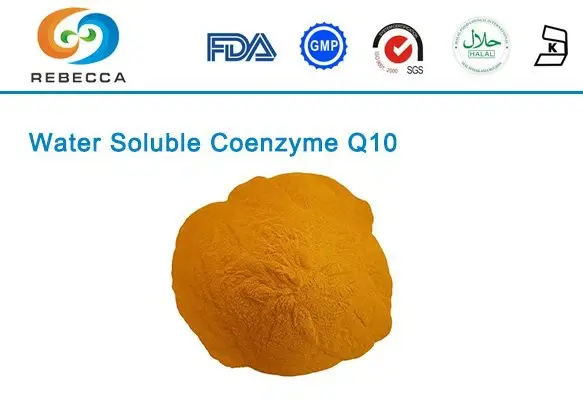
Water-Soluble CoQ10 Powder Manufacturer
For premium Water Soluble Coenzyme Q10 in 10% and 20% specifications, offered as yellow to orange-yellow powder, contact Rebecca Bio-Tech today. Our team is ready to provide detailed product information, pricing, and support tailored to your formulation needs. Reach out to us at information@sxrebecca.com to discuss your requirements and place orders.
References
- Bhagavan, H. N., & Chopra, R. K. (2007). Plasma coenzyme Q10 response to oral ingestion of coenzyme Q10 formulations. Mitochondrion, 7, S78-S88.
- López-Lluch, G., et al. (2019). Bioavailability of coenzyme Q10 supplements depends on carrier lipids and solubilization. Nutrition, 57, 133-140.
- Langsjoen, P. H., & Langsjoen, A. M. (2014). Comparison study of plasma coenzyme Q10 levels in healthy subjects supplemented with ubiquinol versus ubiquinone. Clinical Pharmacology in Drug Development, 3(1), 13-17.
- Crane, F. L. (2001). Biochemical functions of coenzyme Q10. Journal of the American College of Nutrition, 20(6), 591-598.
- Littarru, G. P., & Tiano, L. (2010). Clinical aspects of coenzyme Q10: An update. Nutrition, 26(3), 250-254.
- Pravst, I., Žmitek, K., & Žmitek, J. (2010). Coenzyme Q10 contents in foods and fortification strategies. Critical Reviews in Food Science and Nutrition, 50(4), 269-280.
